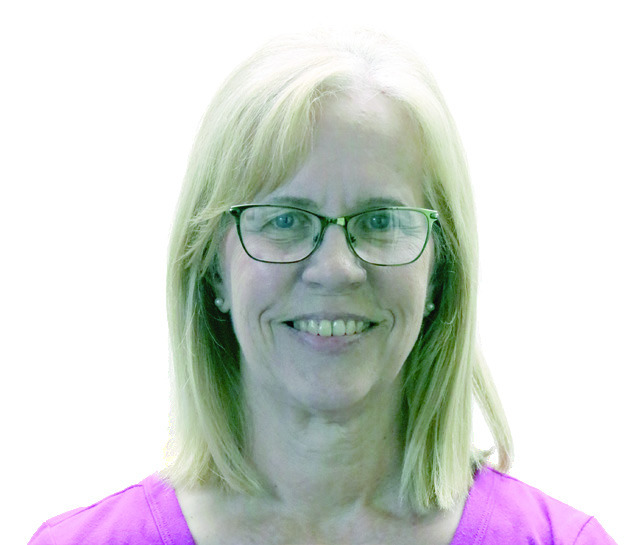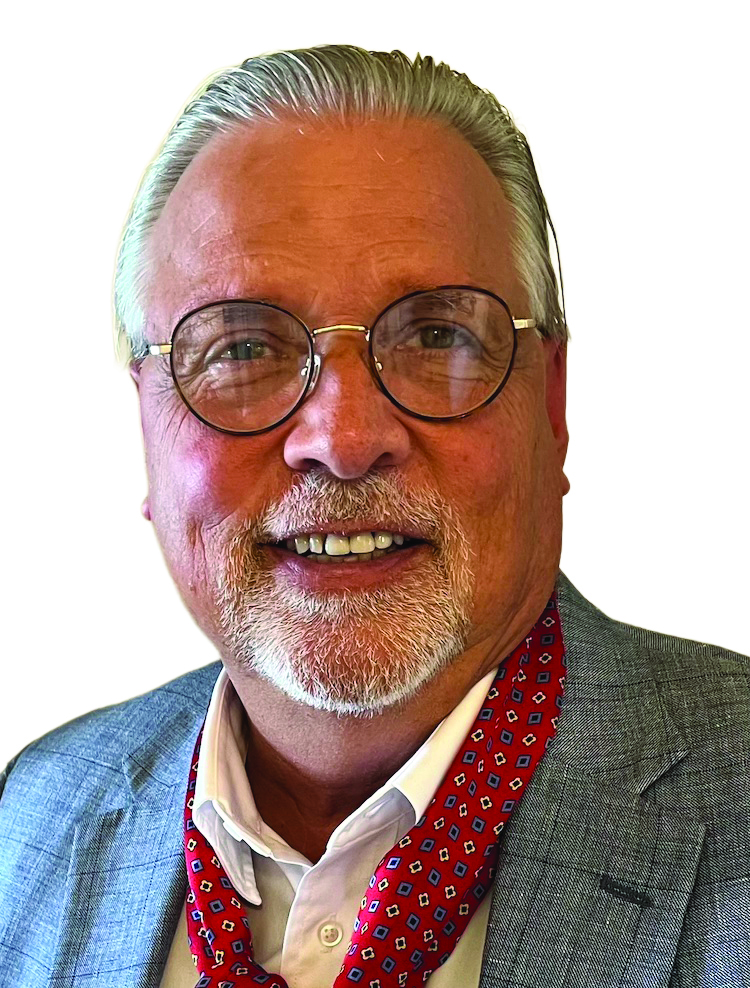Sheila Harris: Where mercy collides with law

I first went to work for George’s Processing before the turn of the century.
I quickly learned what others may only suspect: it’s not a job for the faint of heart, nor one to be chosen unless necessity dictates. If my supervisor hadn’t told me that “people like me” didn’t make good chicken plant employees, I wouldn’t have lasted. Instead, I picked up the gauntlet.
I won’t sugarcoat this: working in a chicken plant is humbling. If I thought I was better or smarter than others when I went in, I was quickly disillusioned. Wearing the ubiquitous ensemble of hair net, smock and rubber boots did that to a person. Sorting through scabby chicken feet and pulling the guts from a fast-moving line of chickens drove the lesson home – especially if a misplaced finger resulted in a shower of green bile or feces: common enough occurrences until one learned the wrist-twisting technique required for the “draw-hand” job, one that has since been replaced with automation.
Because the work was mind-numbing, I looked forward to communicating with whoever was willing. Some of my first friends were the married Hispanic women close to my age, who, along with their families, were beginning to make their homes in southwest Missouri.
They viewed my attempts to speak the unpracticed Spanish I’d learned in high school as overtures of friendship, and invited me into their homes and to their social events – honors I gladly accepted. Their stories were diverse and eye-opening, with one common thread: they came to the US in hopes for better lives for their children, where they could feed them without wondering where the next day’s provisions might come from.
My new friends seemed oblivious to the challenging working conditions at George’s, but perhaps they were nothing, when compared to the challenges in the world they came from. Maybe they were just grateful for the opportunity to work anywhere.
I asked them countless questions, so many that one lady jokingly asked me if I was a reporter.
There was one question I didn’t ask them, though. I didn’t ask about their immigration status. I didn’t want to know. The question felt like a betrayal of the friendship and hospitality they’d extended to me. As I grew to love and respect the ladies, the Rio Grande seemed like an arbitrary separation between friends, anyway.
There was one more reason I didn’t ask my Hispanic friends about their immigration status. The knowledge was a burden I didn’t want to carry. I might learn more than I was comfortable with. Knowledge is like that. It can complicate our black-andwhite preconceptions and force us to confront scary gray areas. To refuse knowledge is sometimes our way of refusing responsibility.
If I had learned that my coworkers were undocumented, would I still have been their friend? I’d like to think so.
The answer to that question, however, lies in the confusing realm where love and mercy collide with the cold, hard law: deep in the quagmire of our fickle hearts, where there’s none righteous, no, not one.
Yes, we have immigration laws. Yes, there are penalties for breaking them. But are the laws fair, and does the punishment fit the crime? These are questions worth looking at.
We were told, initially, that only immigrants with criminal records would be detained for deportation: drug dealers and the like. That statement has already been proven false. According to statistics published in a recent article in The Missouri Independent, over half of current detainees have no such criminal record – not surprising now that quotas are coming into play.
In my mind’s eye, I can still see the faces of my coworkers at George’s. They’ve influenced my perspective, and that’s how it should be, because love changes everything. Love pleads for mercy for our loved ones, even when the law cries, “Guilty.”
More than a generation has passed since I first began working at George’s, and I’ve learned from the now-adult children of a few of my former coworkers, that, yes, some of them were indeed undocumented during the time we worked together. They’ve since acquired legal residency and have accomplished their goals of providing better opportunities for their children.
Do I begrudge my friends for making the choice to enter the US illegally? How could I? I know, firsthand, how hard they’ve worked, and I know their stories.
Sheila Harris is a long-time Barry County resident and a sales executive and investigative reporter for the Cassville Democrat with a particular interest in environmental and human-interest topics. She may be reached at [email protected].




